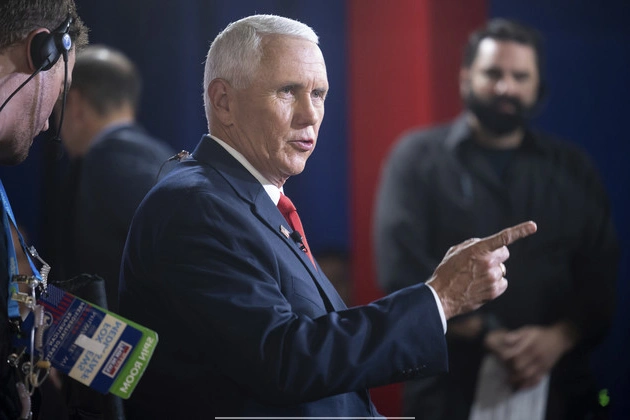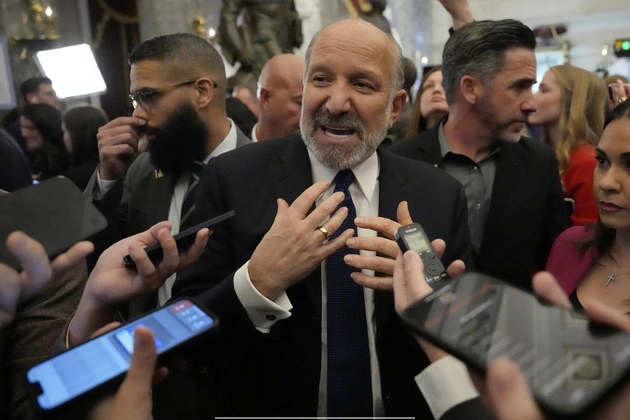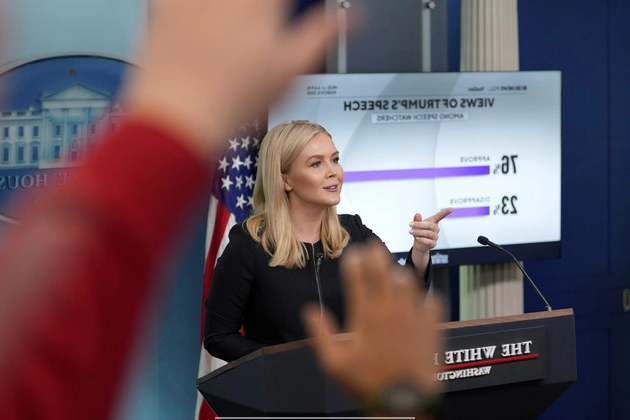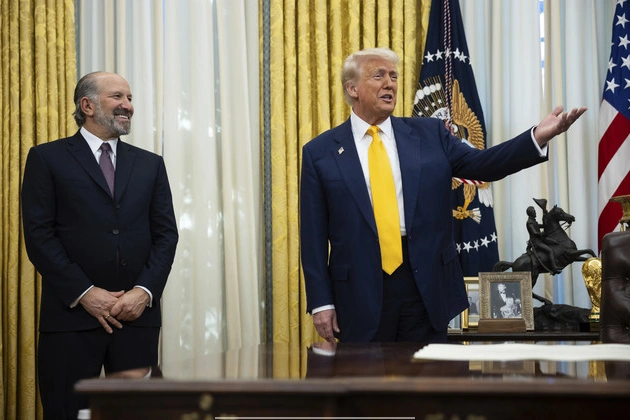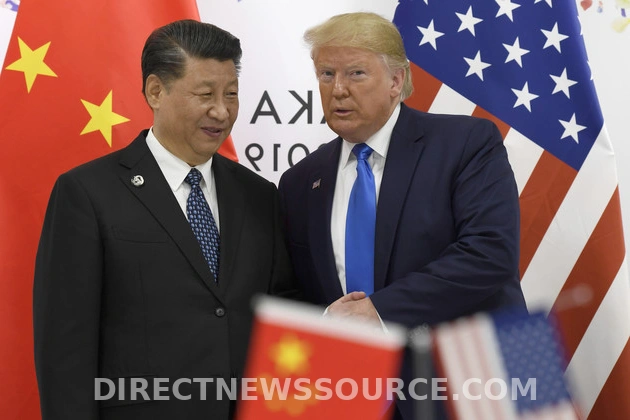
n a pivotal move ahead of President-elect Donald Trump’s anticipated second term, Republican lawmakers are advancing measures to tighten U.S. investment policies in China, laying the groundwork for a more assertive approach toward Beijing in the coming years.
This legislative push reflects a strategic effort to align Congress with the administration’s anticipated policies, ensuring flexibility for future negotiations while safeguarding national security interests. The move signals a broader strategy to curtail China’s access to U.S. technology and capital, addressing long-standing concerns over economic and geopolitical imbalances.
\”I think it’s certainly a step in the direction that President Trump has been advocating for, for a long time,\” remarked Senator John Cornyn (R-Texas), emphasizing the alignment between Congressional actions and the administration’s objectives.
Drafted through extensive deliberations among senior GOP figures, the proposed legislation includes provisions to empower the president to impose sanctions on companies breaching investment restrictions. These measures aim to enhance the administration’s leverage in negotiations and maintain continuity with existing executive orders targeting Chinese military-linked securities.
Key proponents, including Representative Mike Waltz, have underscored the importance of maintaining rigorous oversight of Chinese investments. Their efforts highlight the close coordination between Congress and the White House on matters of national security and economic policy.
Despite its strategic intent, the bill’s path forward remains uncertain. Congressional leaders are seeking to embed the measure within a must-pass spending bill to avert a government shutdown by December 20. Should legislative hurdles persist, Trump’s economic advisors are prepared to address gaps through executive action.
Industry stakeholders, including financial institutions and technology firms with significant ties to China, have voiced concerns about potential operational disruptions. However, many remain optimistic about finding common ground through constructive dialogue with policymakers.
Republicans, led by figures such as House Speaker Mike Johnson and Representatives John Moolenaar and Andy Barr, have worked to unify their approach to U.S.-China policy. Challenges persist, particularly from Democratic opposition led by House Minority Leader Hakeem Jeffries, but lawmakers are optimistic about reaching a consensus to incorporate the bill into a broader legislative package.
As discussions continue, the outcome of this legislation will likely shape U.S.-China relations and set the tone for Trump’s approach to international trade and security during his presidency.







